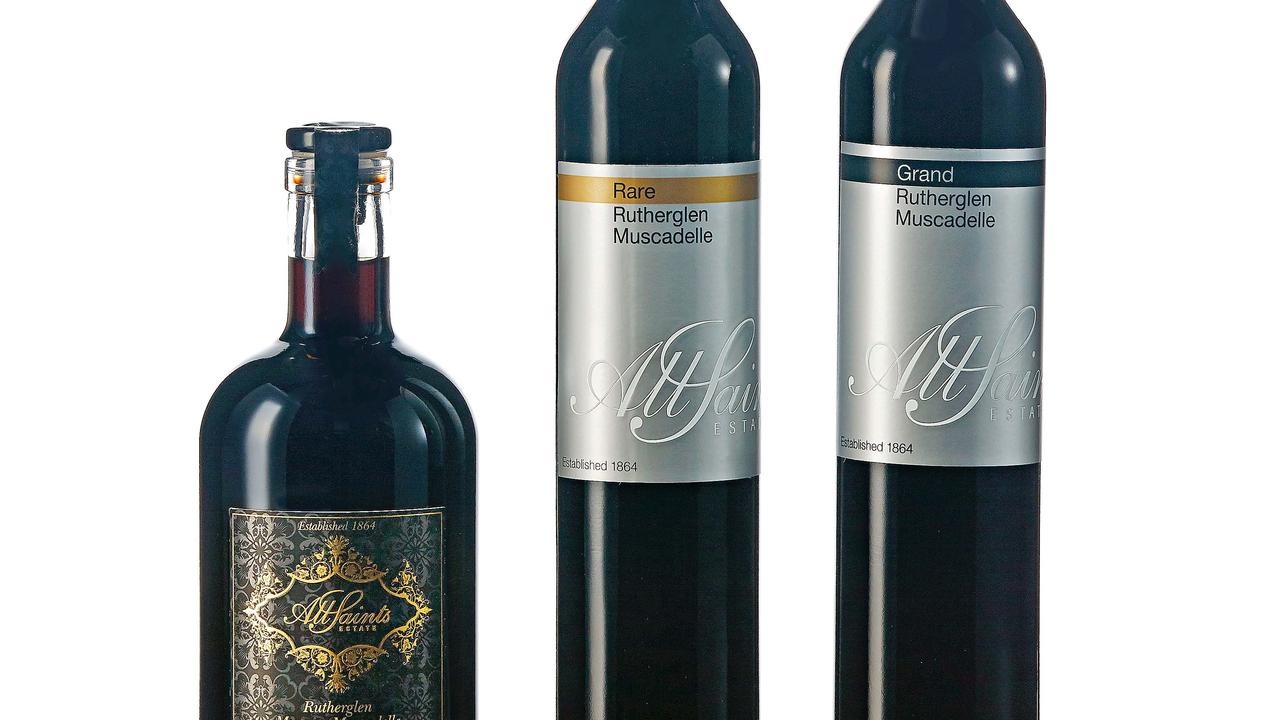Is it worth the worry?
Our nation’s young are the most pessimistic.
Stop worrying. Please. Because I suspect it’s white-anting your serenity, crashing into your life too much. “Today is the tomorrow you worried about yesterday. Was it worth it?” Gandhi asked, and no, of course it wasn’t. Worry is our happiness-eater. The imagination running too rampant. Our taunter and bully, exhausting and depleting us, crowding out far more productive thoughts. In a near-Orwellian world, manufactured fear is the way to control. And it feels like we’re in the midst of a worry epidemic right now, thanks to the chest puffery of the bully boy shirt-fronters Trump and Putin and Kim Jong-un and Xi Jinping, and the dying gasps of the tantrum-throwing thugs of ISIS. Will they be the death of us all?
Oh, so much to get worked up about. Closer to home there are clouds sullenly gathering. Rising energy costs; private health insurance that costs more and provides less. The steamroller-rise of a rebooted Pauline and what that means for our national psyche. The flourishing of intolerance and exclusion; a slow hardening of our national arteries. The clearing of swathes of our sunburnt land that statistics and sense show is becoming increasingly sunburnt. The government’s wilful, bullying pushing of the Great God of Coal when both the Chinese and Indian governments are pressing ahead with their shift to renewables. And in the midst of it all, the emasculated husk of our loneliest prime minister.
Our nation’s millennials are succumbing to the worry bug most of all – they’ve just been crowned the world’s most miserable. A 2017 Deloitte Millennial Survey looked at data from young people across 30 countries and found Australians aged between 18 and 35 are the most pessimistic of all about their future prospects. Our nation’s young are frustrated by the way their country’s being run. Worried about job prospects as employers veer towards casual and freelance positions as opposed to full-time. Fearful of an increasingly tense planet as races and religions jostle for hegemony. And just eight per cent believe they’ll be better off financially than their parents; that they’ll ever own their dream home.
Poor, anxious little snowflakes; and the grim portents of our switched-on globe mean they’re constantly having the negative news drummed into them. Because the fractiousness of the world is right at our fingertips, tweet by instant tweet. Ever-present screens crowd danger into our thoughts, at all times from all corners of the globe. If Putin won’t start World War III then China will, or North Korea, or Trump with a 3am tweet…
I’m getting agitated just writing this. Yet hang on, that way an early grave lies. “How much pain they have cost us, the evils which have never happened,” Thomas Jefferson said. Which reminds me I spent much of my teens niggled by the stress of potential nuclear annihilation, watching the nuclear clock inch ever closer to midnight. Worry feels like an intensely female malady, running counter to the nesting instinct. We want to create a safe haven for our families, a harbour to rest from the squalls of the world, yet it seems hard in this worry-haunted global environment. Silicon Valley’s tech billionaires are snaring bolt-holes in New Zealand – with runways attached – to ride out the impending apocalypse. What do they know that we don’t? Ah, something else to worry about.
It’s joy-denying. Exhausting. Depleting. Ageing. We can train ourselves out of worry, and should. It serves no purpose. You can feel the souring drag that fret and stress have on you. The sky is not going to fall in – and worrying endlessly won’t change any outcome. As Winston Churchill said, “When I look back on all these worries, I remember the story of the old man who said on his deathbed that he had had a lot of trouble in his life, most of which had never happened.”


